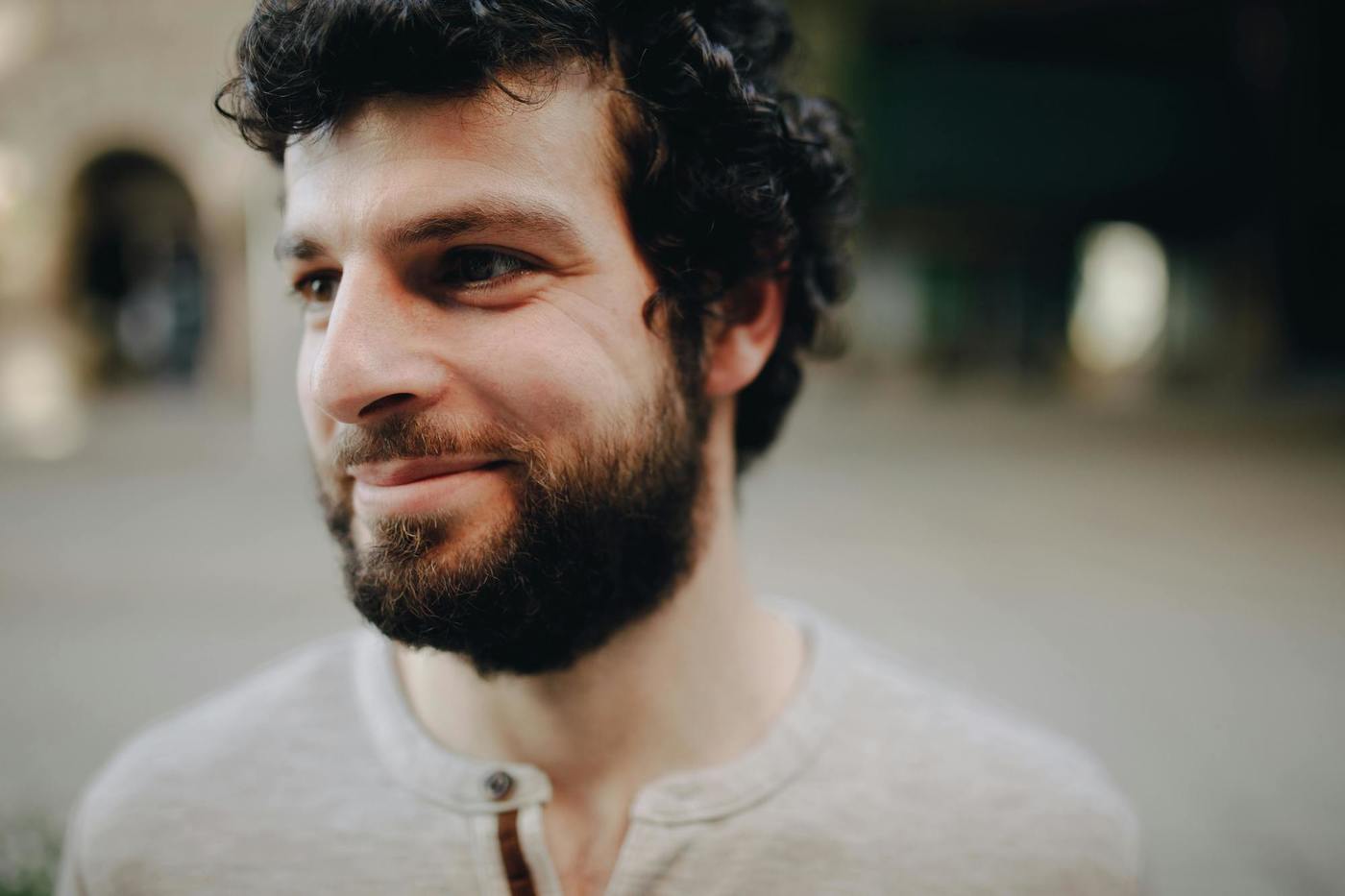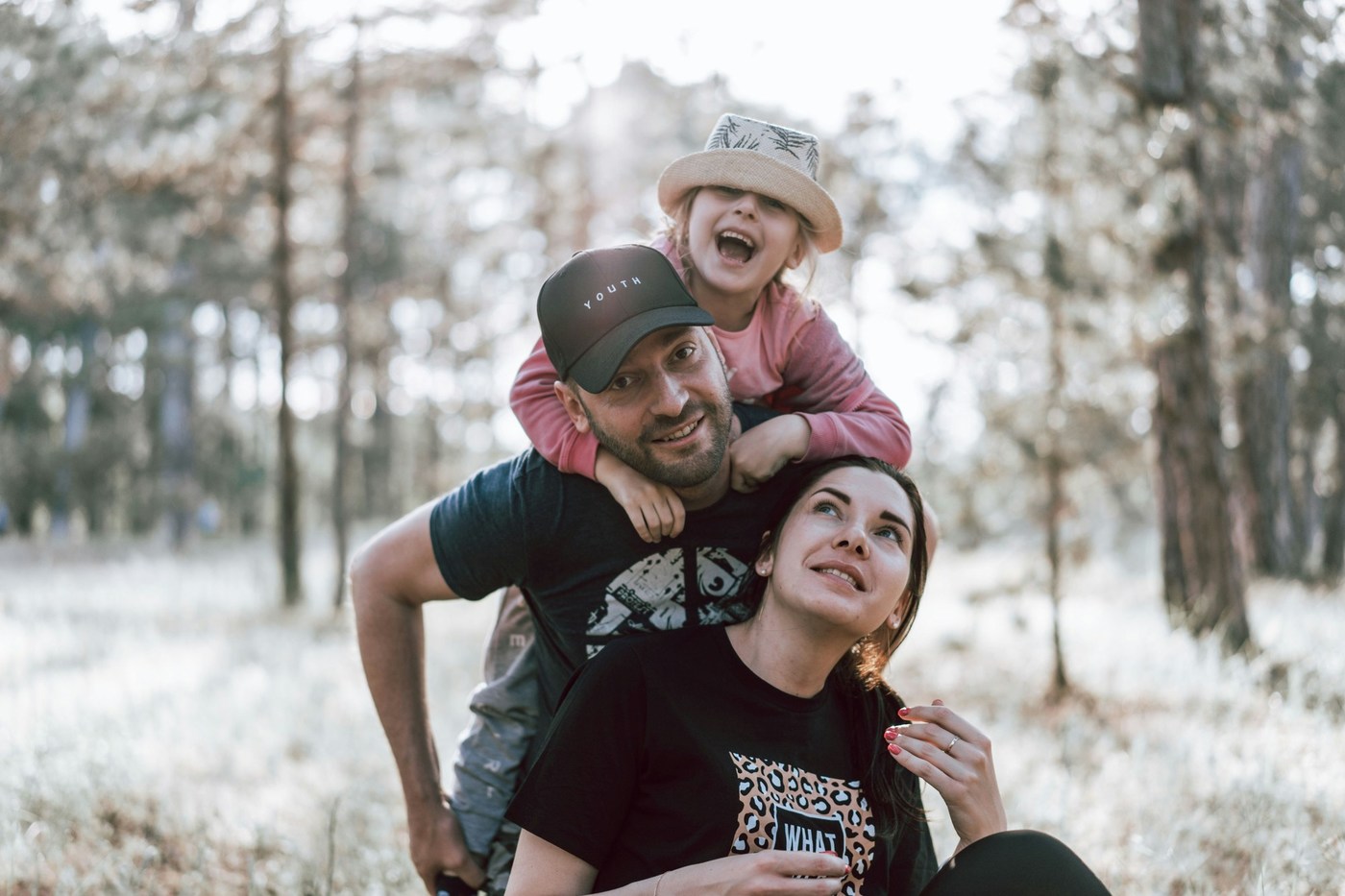The coronavirus pandemic continues and the world continues to deal with its impact on our lives. How are you managing right now? You have been through a lot.
You are not alone if you feel this period of loss, tension, and uncertainty in your mind and body. Your sense of safety, community, and a COVID-free future are constantly being challenged. There is no shame in acknowledging how difficult this time has been.
You may be experiencing post-traumatic stress disorder (PTSD). It’s important to recognize the signs of the disorder to determine how to heal and cope effectively. The sooner you take action, the better you will fare throughout the pandemic and beyond.
How Can You Tell if You Have Pandemic-Related PTSD?
When your mind and body are unable to process and release the emotions linked to a traumatic experience, your mind and body hold on to the memory of it. Negative emotions remain stuck, falsely signaling danger. Sometimes, Post Traumatic Stress Disorder develops. I wrote about how trauma can get stuck in the body in a previous blog post.
PTSD symptoms typically appear within a few months after the traumatic event. In this case, we are all still living through the trauma and are re-experiencing it regularly. Signs include, but are not limited to:
Reexperiencing
Do memories of your traumatic experience vividly invade your thoughts, daydreams, or sleep? Old traumas in which you felt trapped, threatened, helpless, or violated may be triggered by COVID events. In addition, the social isolation, sudden loss of freedom and loved ones to COVID, and the feeling of helplessness to protect yourself and others during the pandemic can also be traumatic. Therefore, you may deal with:
- Recurrent, intrusive images, ideas, and perceptions
- Sleep disturbed by distressing dreams or nightmares
- Re-lived past trauma through flashbacks or hallucinations

Anxiety & Emotional Dysregulation
Are you feeling anxious, panicked, and emotionally troubled by reminders of COVID-related losses, changes, or difficulties? Unprocessed trauma inside you may lead to extreme reactivity. You may be dealing with a host of feelings, including:
- Fear and worry
- Persistent negativity
- Intense loneliness
- Guilt or negative self-perception
- Distrust of people or the world
- Emotional detachment
As a result, you may now be:
- Avoidant
- Irritable
- Socially isolated
- Hypervigilant
- Acting in ways that are risky or self-destructive
- Unable to enjoy activities that were once pleasurable to you
Physical Distress
Are you physically reactive? Trauma-related tension can reside in your body. When you deal with reminders of the pandemic, you might have a bodily response. You may feel sensations like:
- Numbness
- Aches or muscle tension
- Jumpiness or jittery feelings
- Disconnection to your body
- Physical feelings similar to those felt during the trauma
Cognitive Disruption
Are you struggling cognitively? Pandemic trauma can impact your ability to think clearly, too. You might have:
- Problems concentrating or making plans
- Difficulty feeling that the world is real
- Trouble remembering parts of the trauma, including the timeline of events after March of 2020
How You Can Cope with Pandemic PTSD
PTSD symptoms can significantly impair your ability to function. Unfortunately, COVID-19 is an ongoing, invisible threat. Yet, you do not have to continue suffering.
Work With a Therapist
Recalling the losses, pain, fear and helplessness linked to COVID-19 can be devastating. Quality treatment by a qualified psychotherapist can ease the strain and flood of involuntary, psychological and biological responses you experience. Your therapist can help you process through the emotions related to the trauma and together, you can make sense of what happened. Your therapist can also help you master skills to self-soothe, self-care, and construct a solid support system.

Meditation Makes a Difference
Meditation calms regions of the brain that produce stress hormones and acts as a natural antidepressant. I wrote about the science behind meditation and mindfulness in a previous blog post. Try a meditation app, like Insight Timer, to help bring your stress level down. PTSD symptoms can be soothed by slowly building a habit of meditation.
Know Your Triggers and Limit Exposure
Information about COVID is all around us. That alone is triggering if you have pandemic-induced PTSD. Therefore, it can be supportive of your recovery to be selective in consuming information about it.Spare yourself the headlines, 24-hour news cycle, discussions, and commentary. You can protect your mind and wellbeing by limiting screen time and filtering news apps. If you are with your friends, family, or colleagues and the conversation topic changes to COVID, it is okay to speak up and change the subject or excuse yourself from the conversation.
Taking charge of incoming information may help you feel less like a hostage to the virus. As you reclaim your time, set boundaries, and create some space, you will feel more in control. The resulting space and peace may help prevent the emotional reactivity that bad news and rumination can create.
Move Toward Meaning and Recovery
Is your mental and emotional energy stuck in a pattern of crisis thinking? It’s difficult to find relief that way. To feel better, try to make meaningful choices and focus on the present moment and what you can control. Perspective is vital for restoring calm and moving forward. Your life and your future can still be rich and meaningful.
You are adaptable and capable of change. You can gradually reorient yourself to the present moment with self-compassion and support. Focus on your strengths. Immerse yourself in a hobby or meaningful project. Volunteer to serve others in ways that make you feel safe, valued, and connected. All of these activities remind you that life is not on hold or withheld from you.

Take the Next Step Toward Calm and Comfort
Are you ready to work with a therapist to address possible pandemic PTSD? Our clinicians specialize in trauma treatment and are ready to help. If you are struggling with trauma symptoms, trauma treatment may provide you with the relief you need. Schedule a free 15-minute phone consultation with one of our compassionate counselors to find out more. We are here to help throughout the pandemic and beyond.





